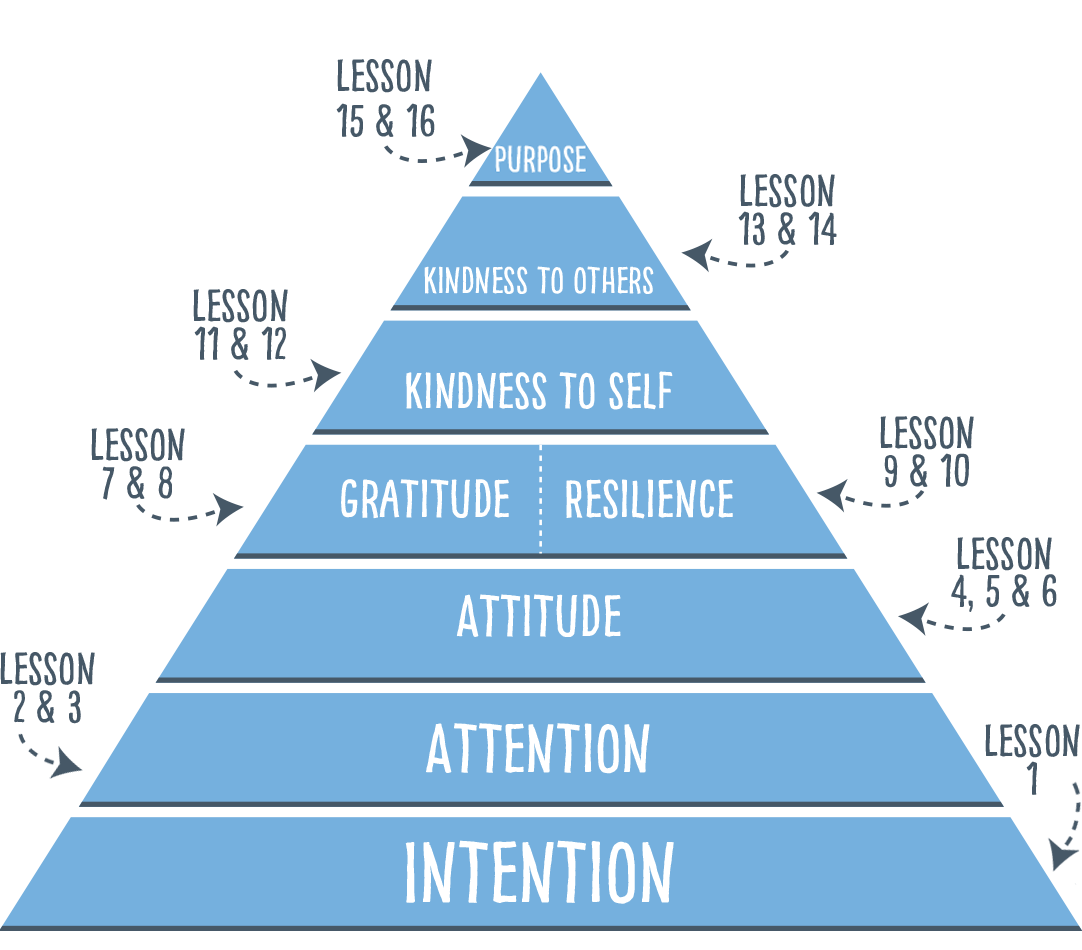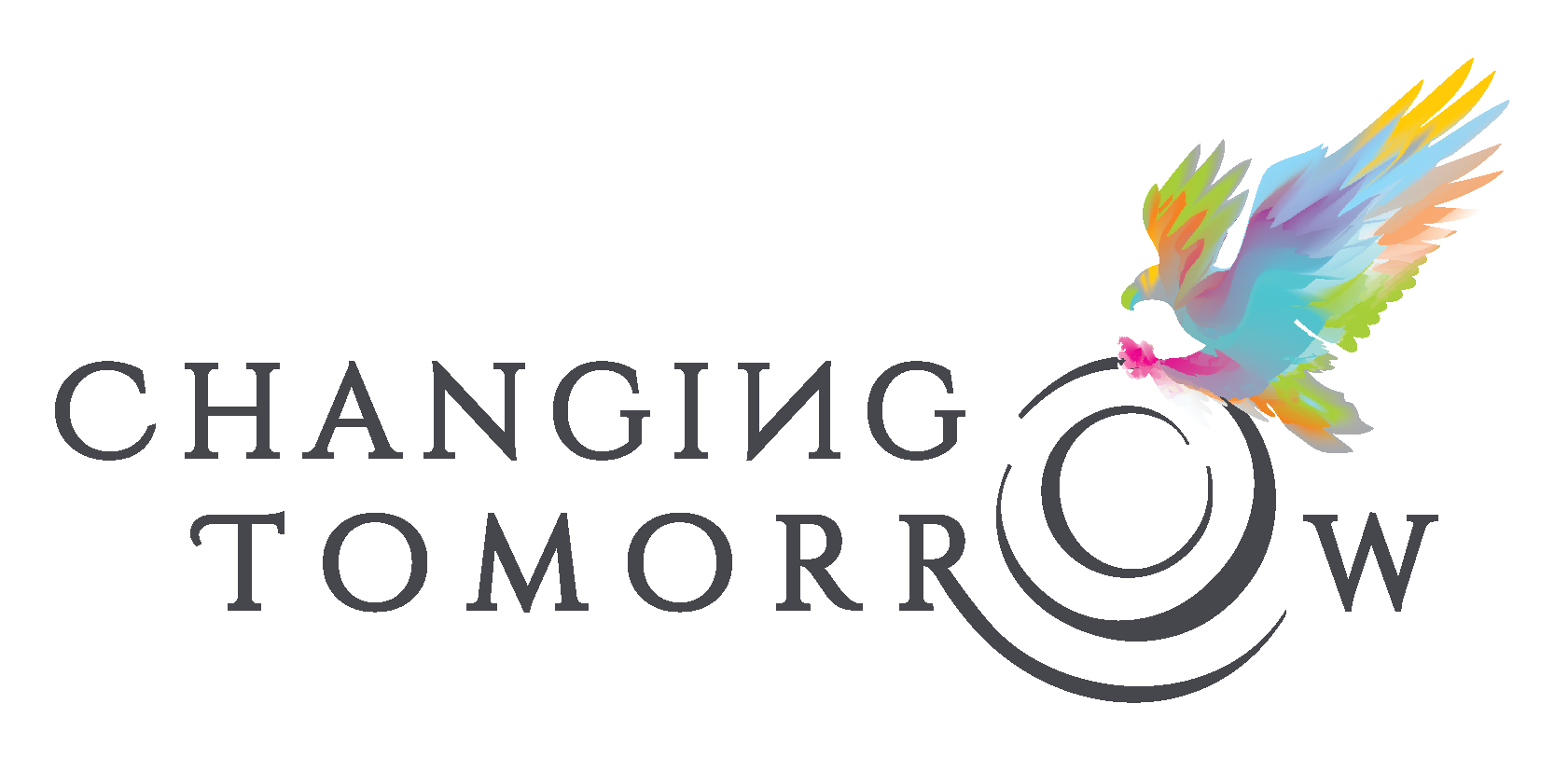Mindfulness For Young Minds
programme for
7 – 13 year olds
Introductory Price £249.00
How Mindfulness Works
Mindfulness is all about focusing your attention on the present moment by listening to and understanding your thoughts.
When children are mindful, they observe their thoughts and feelings from a distance without judging them as good or bad. Instead of letting life pass by, mindfulness lets people to live in the moment and awaken to experience.
By learning and practicing mindfulness at an early age, children gain control over their thoughts, allowing them to focus at a much higher level, improving the way they use their minds to handle everyday situations effectively and mindfully.
When you practice mindfulness, you practice breathing exercises, the ability to meditate and an understanding of your deeper self. The aim of teaching these skills to young people is to aid positively in their natural mental development.
Our programme provides the useful tools to children that can be taken away to practice themselves without the need for ongoing support.
How We Help
Our interactive methods makes each session playful and enjoyable for children to:
- Reduce bullying and aggression
- Increase compassion and empathy for others
- Effectively handle difficult thoughts and emotions
- Enhance optimism and happiness in classrooms
By learning and practicing mindfulness, children learn to control their emotions. They become stress-free and relaxed. In such a situation, they see life with much needed clarity.
We also tailor our programmes for children with learning difficulties. Please register your interest below.
About Classes
Maximum per class : 20
Our class numbers are low to ensure that each student receives the attention they need to benefit fully from the programme.
Duration: 60 – 70 minutes
Age range: 7 – 13
The average class age is kept as close to the majority as possible.
Venue
Various venues available including, 169 Legrams Lane, Bradford, BD7 2EA (view on map)
What The Children Say
Watch the video
I am more confident when learning new things, and I have learned to be grateful for life.
My brother was annoying me and I was getting really angry but then I realised that I was angry and I focused on my breath.
It has helped me grow my confidence and to be more calm when hard times come.
When I was nervous at an athletics tournament being mindful helped me.
When I got angry I nearly punched someone then I did mindfulness, calmed down and everything was better.
Programme Structure

INTENTION – The motivation to be mindful.
Lesson 1: Children learn how the brain develops and how they benefit from being present in the moment.
ATTENTION – Bringing the attention back to the present moment.
Lesson 2 and 3: Focusing on attention to the present, how it is central to our experience and how our thoughts tend to wander.
ATTITUDE – How we pay attention.
Lesson 4: Children learn the value of non-reactivity.
Lesson 5: Children learn from the benefits of the beginner’s mind.
Lesson 6: Children learn to develop willpower and diligence.
GRATITUDE – Appreciation for what you have.
Lessons 7 and 8: Developing the practice of knowing and appreciating health and happiness in the present moment.
RESILIENCE – The ability to handle difficult emotions, thoughts and mind-states with wisdom, courage and awareness.
Lesson 9: Children explore natural reactions, to develop the capacity to “be-with” a difficulty rather than turn away from it.
Lesson 10: Children explore the concept that thoughts are not facts.
KINDNESS TO SELF – We explore what kindness is and also how to be kind to ourselves in practical ways.
Lessons 11 and 12: Children become familiar with their own minds, ready to develop an attitude of kindness and warmth to themselves.
KINDNESS TO OTHERS – Everybody wants to be happy and nobody wants to suffer.
Lesson 13: Children practice kindness towards others, beginning with friends and extending the practice to classmates and others.
Lesson 14: Children are given the opportunity to engage in acts of kindness.
PURPOSE – Why we are here and how we’ve grown.
Lesson 15: Children reflect on what they have learned from the programme.
Lesson 16: They develop a personal mission statement, to articulate their vision to integrating their learning and how they act in a way for them to be proud of.
The Research
A study conducted at the University of Edinburgh in 2014, exploring children’s experiences of the Youth Mindfulness Kids Programme, found that:
What makes our
programme unique
PRACTICE
Early on in the programme, we move from theory to practicing mindfulness from 1 to 3 minutes at a time. 10 – 11 years olds start practicing up to 15 minutes at time in later lessons. Mindfulness For Young Minds teaches the practice of sitting, moving and lying down.
ENQUIRY
This involves listening to the child’s experience of practising mindfulness. Rather than teaching or explaining, we explore ways of practising mindfulness facilitated by the children’s natural enthusiasm and curiosity,communicating with them in a non-judgemental way. This is a powerful way for children to work as a group to develop their attitude towards mindfulness.
MOVEMENT
Children are inquisitive and natural explorers, and they don’t like sitting still! Mindful movement releases energy to be still when it is of benefit to them. Mindful movement also gives children a deeper understanding of mindfulness in their daily lives.
FUN
We make mindfulness fun, as this is the only way children will truly engage; ultimately, mindfulness is something the child has to decide they want to do. The Mindfulness For Young Minds programme is packed full of games and activities.
Ready to book?
16 session programme
* All course dates and times are subject to interest and we may contact you to arrange an alternative time.
If you have any questions
We are very excited and proud to offer this programme as the benefits are limitless.
If you want to find out more about Mindfulness or how it could benefit young minds then all you need to do is get in touch with us today. It has never been easier for you to get started and you would we love to discuss how we could integrate this into the classroom or private time.


